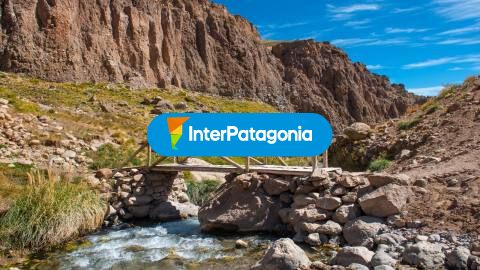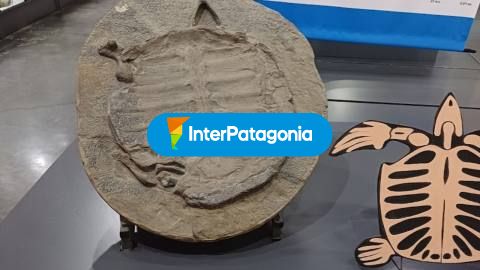




- Español
- English
Regional Museums

|
Lookout of the Confluence: two contrasting rivers The confluence of the Neuquén and Varvarco rivers offers a visual spectacle that blends the tones and currents of two contrasting landscapes. |
Lookout of the Confluence: two contrasting rivers |

|
Allen’s Municipal Museum Its history, along with the great deal of cultural activities held in it, is a must for visitors to tour inside the venue. An ideal site to visit in the city. |
Allen’s Municipal Museum |

|
Science and Library Full of History Two unique institutions in the cultural life of the city are visited for the splendid buildings that house them and the valuable material they treasure. |
Science and Library Full of History |

|
"Green Grass" and Dinosaurs That was the nickname given to Carmen Funes, one of the pioneers in this high plateau. The museum bearing her name today displays the main paleontological show in the region. |
"Green Grass" and Dinosaurs |

|
Vintter Regional Museum Patagonian regional museums are excellent letters of introductionto learn about the origins and circumstances of the life of the peoples. |
Vintter Regional Museum |

|
A City Icon The Paraje Confluencia historical and cultural center concentrates a great deal of the artistic activities organized in the city. It is worth a visit. |
A City Icon |

|
Fine Arts National Museum The Fine Arts National Museum has opened its only branch in the provinces in the City of Neuquén. Important artists of international renown exhibit their work in the museum halls. |
Fine Arts National Museum |

|
Guardian of Treasures Recently remodeled, the Gregorio Álvarez Museum displays its valuable archeological collection and represents a cultural space once again. |
Guardian of Treasures |

|
Olsacher Fossil Museum The museum is named after the Olsacher brothers, who settled in Zapala at the beginning of the 20th century. With a look at both the past and the present, the Olsacher... |
Olsacher Fossil Museum |
The beauty of the lakes located in the Patagonian area or the large sea bathing its Atlantic coast offer the ideal frame for the practice of nautical sports.
Surfing is a very complete sport, which forces sportsmen to train. It is intriguing, exciting, exhausting and it breaks with the activities you can perform on solid ground.
Cold blood and steel nerves are required in order to practice kayaking.
There is no doubt that Patagonia is one of the most beautiful sites on the planet. Standing at the end of the world, it features all kinds of stories, adventures, tours and tourist activities. Whoever wishes to get to know this place just needs to click on one of the videos we present here. These images will certainly catch the eye of many.
© InterPatagonia 2002-2026 Total or partial reproduction forbidden. Derechos de Autor 675245 Ley 11723